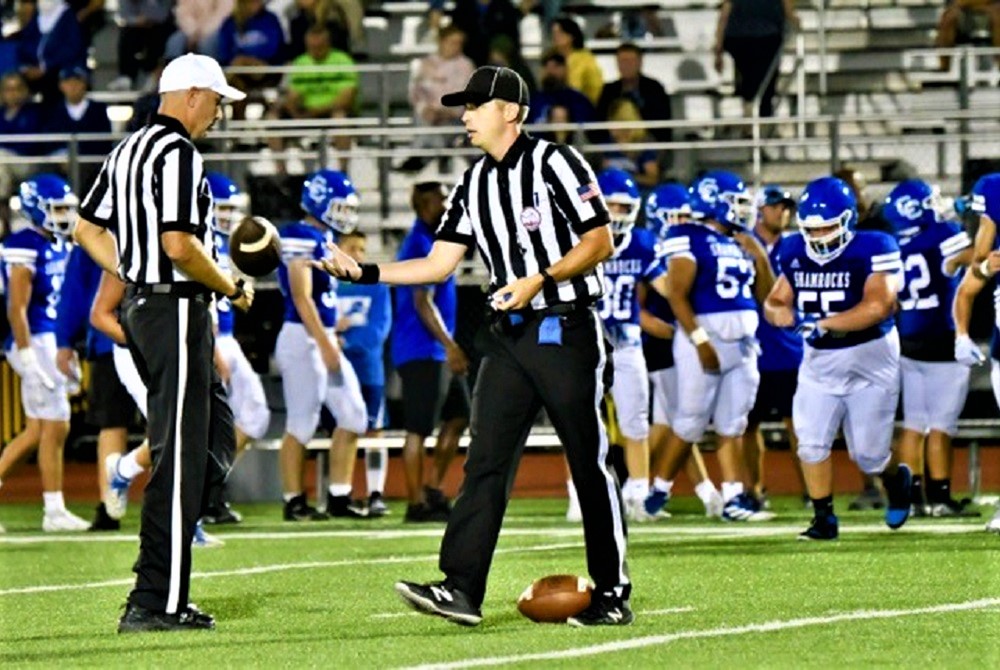
Official Treatment
March 7, 2014
A book I quoted in this space three times last November – How: Why HOW We Do Anything Means Everything by Dov Seidman – has me thinking about sports officiating.
One premise of the book is that the Internet era has made the world so transparent and connected that there is no such thing anymore as “private” behavior or a “minor” mistake. Everything can become a public matter – instantly. Anything can become a major problem – overnight. Worldwide.
So, when our local real estate agent, who officiates junior varsity basketball, misses a call that an invested spectator captures with his or her smart phone camera, and sends to his or her relatives and a local media outlet that night, there is no limit to where that video could appear by the next morning.
And while major college and professional officials may now receive four-figure fees to work under those conditions, officials at the junior high/middle school and high school levels – sometimes working for little more than gas money - wonder if it’s worth the hassle.
There are many obstacles to recruiting and retaining officials for school sports, including poor business practices by assigners and bad sportsmanship by coaches and spectators; but a significant factor not to be overlooked is the adverse potential of immediate worldwide criticism for a call that had to be made in the blink of an eye.
The human factor of sports is now subject to inhuman expectations. In an enterprise that strives for fairness, it appears that it’s the official who is being treated least fairly.

Be the Referee: Intentional Grounding
By
Geoff Kimmerly
MHSAA.com senior editor
September 9, 2021
This week, MHSAA assistant director Brent Rice explains football intentional grounding at the high school level.
Be The Referee is a series of short messages designed to help educate people on the rules of different sports, to help them better understand the art of officiating, and to recruit officials.
Below is this week's segment – Intentional Grounding – Listen
A quarterback is under heavy pressure and immediately throws the ball away. International grounding, right? Maybe. And maybe not.
What goes into an official deciding if grounding has occurred?
First, there is no such thing as a “tackle box” in high school football as it pertains to grounding. A quarterback scrambling outside of the tackle box who throws the ball away could still be penalized for grounding – even if it reaches the line of scrimmage.
Any pass can be penalized for grounding if there is no receiver in the immediate area. Behind the line, inside the tackle box – none of that matters – it only matters if there’s a potential receiver nearby. If there is – no grounding. If there’s not – there will be a flag on the field.
Previous editions
Sept. 2: Pass Interference – Listen
Aug. 26: Protocols and Mechanics – Listen

